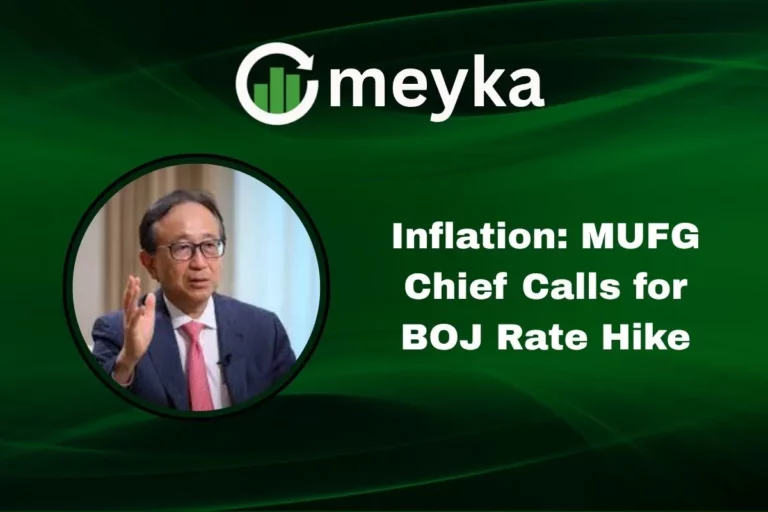Nationwide Mortgage Rates Fall — Lowest Now at 3.64% After 0.25% Trim
Nationwide has cut its mortgage range, the lowest fixed deal now priced at 3.64%, effective 5 November; the move loosens pressure on borrowers, reshapes remortgage options, and may nudge the UK housing market toward higher activity.
Continue Reading on Meyka
This article is available in full on our main platform. Get access to complete analysis, stock insights, and more.
Read Full Article →





